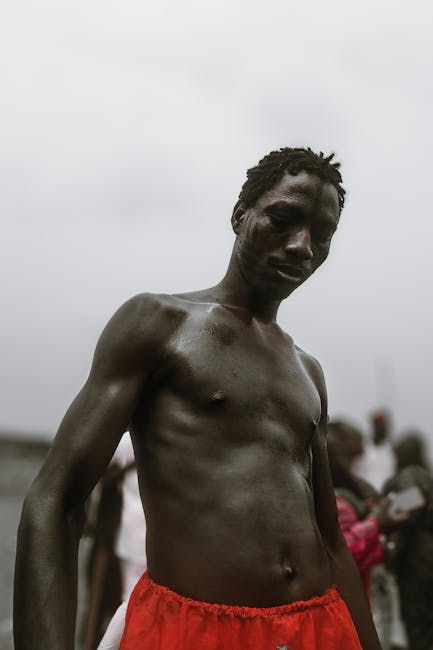Chad, a country in central Africa, recently made headlines as its former prime minister and opposition leader, Succès Masra, faced arrest following suspected connections to a violent clash that occurred in the southwest region. The unfolding events have captured the attention of both local and international communities.
As reported by BBC Africa, Public Prosecutor Oumar Mahamat Kedelaye disclosed that Masra’s arrest stemmed from accusations of disseminating inflammatory content on social media related to the conflict that resulted in the tragic loss of at least 42 lives. The situation escalated further when Masra’s Transformers party claimed he was forcibly taken into custody by military personnel during the early hours, labeling it as a
“kidnapping”
carried out without adherence to established legal procedures.
Masra, known for his vocal criticism of President Mahamat Déby and his bold assertion of victory over Déby in previous elections—an assertion disputed by official results—has been a prominent figure challenging the ruling regime. His political stance has often sparked controversy and tension within Chad’s political landscape.
The incident unfolded in Mandakao village located in Logone Occidental province near Chad’s border with Cameroon. Mr. Kedelaye highlighted the role of social media in fueling tensions, citing messages encouraging violence among different segments of the population as contributing factors to the unrest—a stark reminder of how digital platforms can influence real-world conflicts.
According to sources cited by AFP news agency, underlying issues such as land disputes between Ngambaye farmers and Fulani herdsmen are believed to have triggered the violent outbreak. This echoes broader concerns over recurring conflicts between agricultural communities and nomadic herders across various regions globally—a complex interplay of socio-economic factors exacerbating longstanding tensions.
The detention of more than 80 individuals linked to the clashes underscores the gravity of restoring peace and stability within Chad amid escalating internal strife. The need for swift resolution and preventive measures to address root causes becomes increasingly urgent as communities grapple with recurrent bouts of violence.
Masra’s transient tenure as interim prime minister during a critical juncture in Chad’s governance history adds layers to his current predicament, showcasing a tumultuous political landscape marked by power struggles and electoral uncertainties. His party’s decision to boycott recent legislative polls underscores deeper systemic challenges concerning democratic processes and governance credibility—a narrative mirroring broader regional dynamics shaping Chad’s political trajectory.
Against this backdrop lies a historical legacy dominated by the Déby family dynasty, which has wielded significant influence over Chad for more than three decades—a legacy marred by abrupt transitions following Idriss Déby Itno’s demise at the hands of rebel forces in 2021, leading to Mahamat Déby assuming leadership through military backing—an episode reflective of recurring power transitions characterized by internal turmoil.
As reported by BBC Africa (https://www.bbc.com/news/articles/c8d19v3eygyo)
For more African continent updates visit: BBCAfrica.com or follow @BBCAfrica on Twitter/Facebook/Instagram

